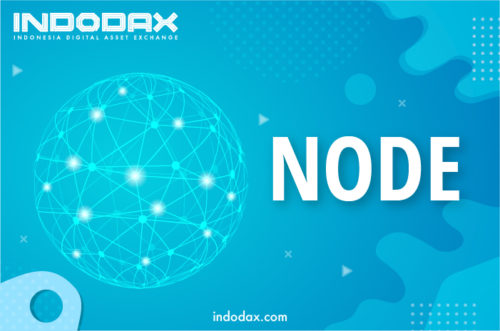In the context of blockchain, a node refers to any computer running a Bitcoin client. So the Bitcoin network is made up of thousands of computer nodes spread across the globe, and this is what makes Bitcoin a peer-to-peer distributed economy system.
Each its blockchain is a communication point in the network. There are several types of nodes, and each type is responsible for performing a different set of functions. Taking Bitcoin as an example, network nodes can be divided into four main groups:
- Full node
- supernode
- Mining nodes, and
- Mild client or SPV.
Full nodes are the nodes that truly support and secure the Bitcoin blockchain, and they are indispensable for the network. Full nodes (or fully validating nodes) are responsible for verifying transactions and blocking according to the rules of the Bitcoin protocol. And because the network is distributed, the rules are enforced by the Bitcoin consensus algorithm.
A listener node, or supernode, is a full node that is made accessible and publicly accessible. Thus, they can communicate with other nodes that establish a connection with them. So any fully validating node that is not hidden can be considered a listening node. These types of nodes are responsible for providing blockchain data to other nodes, but they can also serve as communication bridges.
A mining node is a node that runs custom mining software, along with an ASIC engine (in most cases). They invest a lot of resources in hopes of getting bitcoin rewards. While solo miners fully validate nodes, pools of miners often provide computing resources without downloading the entire blockchain data. So only pool administrator is needed to run full node.
Lastly, light clients or SPVs are those that use the Bitcoin blockchain but do not function as validation nodes. They only collect information from supernodes, acting as communication endpoints. Thus, these nodes do not keep a copy of the blockchain and do not contribute to the security of the network.





